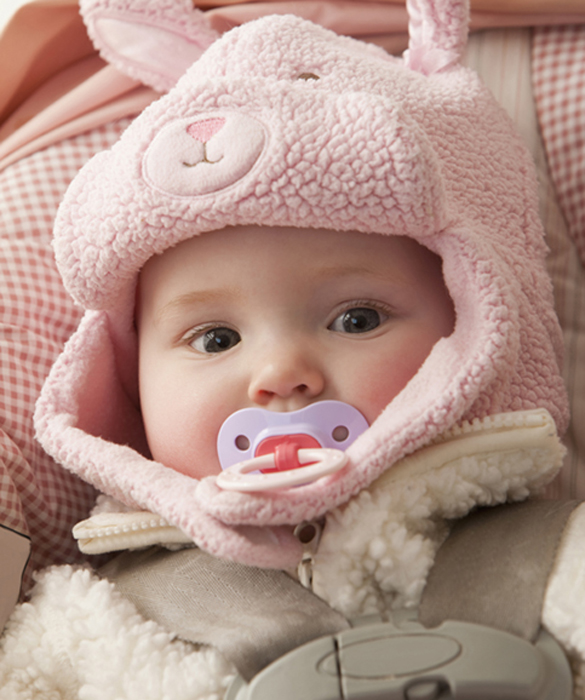Leaving the Nest

When moms are forced to leave their newborn babies behind for the first time after giving birth, they can get plenty of jitters. “It can be tough for a new mom to leave baby at home, whether she’s going out for the night with dad, or away for the week on her first business trip out of town,” says pediatrician Dr. Tanya Altmann, author of Mommy Calls: Dr. Tanya Answers Parents’ Top 101 Questions About Babies and Toddlers. But sooner or later, the time comes for every mother to leave the nest, if only for awhile. Fret not, new moms. (OK, fret less.) Dr. Altmann shares her expert tips for getting through those difficult times.
Enlist a Relative

Ask someone you know well to watch your child for a bit so you’re sure your infant is in the best possible hands—especially if that person lives close by. “A grandparent or trusted relative is a great comfort,” says Altmann.
Talk to Friends

You’re not the first one to have a baby, so use your resources! “If you have to get a nanny or a babysitter, ask friends or family members with children who they’ve used and loved,” says Altmann. “Or you can also use an agency to get someone with good references.”
Start Small

If you know that big week-long work trip to Houston is on the horizon, think well in advance about whom you might want to care for your child. Build that trust. “Start with baby steps,” Altmann says. “Bring the person into your home, and ask her to watch your baby while you go to the grocery store for 20 minutes. See how it feels.”
Plan Ahead

Before you leave the house for any length of time, making sure to leave a supply of milk should be at the forefront of your mind. “Plan ahead,” Altmann says. “If you are breastfeeding, you may have to pump. You may have to leave formula. Make sure you have enough.”
Gather Provisions

"The diapers are over here … the binkies are over there … you can find the bottles in here." Don’t do that to your caretaker. “Keep all supplies in one place: diapers, bottles, toys," Altmann says. "That way, the person who is watching your baby will know exactly where to find things—and in a hurry, if necessary.”
Diaper Bag It

The babysitter might encounter an emergency with your child, or your baby might just need a little fresh air. Either way, prepare. “Keep a packed diaper bag ready in case they need to leave, whether it’s going to the hospital, to the store or taking a walk,” says Altmann. Then, make sure to clue your sitter in on where she can find that to-go bag.
Make a List

No, you can never account for every “if” or “maybe” scenario, but what you can do is leave your caretaker with an organized and detailed set of instructions. “You should leave a list by the phone,” Altmann says. “Include these items: Your name, home address, phone number—all of which they will need, and not necessarily know, in an emergency—how to reach you, any nearby relatives, the name and number of the baby’s pediatrician and the poison control number. [Poison control] can always talk them through things, and tell you what steps to take in case the baby ingests something they’re not sure about.” Assure your sitter that when in doubt, it’s always best to be on the safe side. Call.
Discuss Needs

Talk about your baby’s medical needs. “Don’t forget to leave a list of any food allergies, and let your sitter know about medications—what they’re for and how often your child needs to take them,” says Altmann. Regardless of whether the food is in the house, tell the sitter about those allergies. And even if you don’t think your baby will need the medication, tell the sitter just in case she does.
Leave Dates and Weights

Birth date, current weight. Write it down. “For older infants, leave their birth date and weight in case they need to call for medical help. … Weight isn’t discussed much with sitters, but they may be asked for it in an emergency,” Altmann says. “So put those on the list, and tape it up by the phone. Then, remember to update it periodically.”
Don't Forget the Car Seat

Wait! One more thing to remember that is so easy to forget: Don’t take off with your baby’s only safe transportation method strapped into the backseat. “If the sitter is going to be driving, make sure there is an appropriate car seat for an infant,” says Altmann. “Even if you don’t want them driving your child, I still think it’s important in case of emergencies.”




